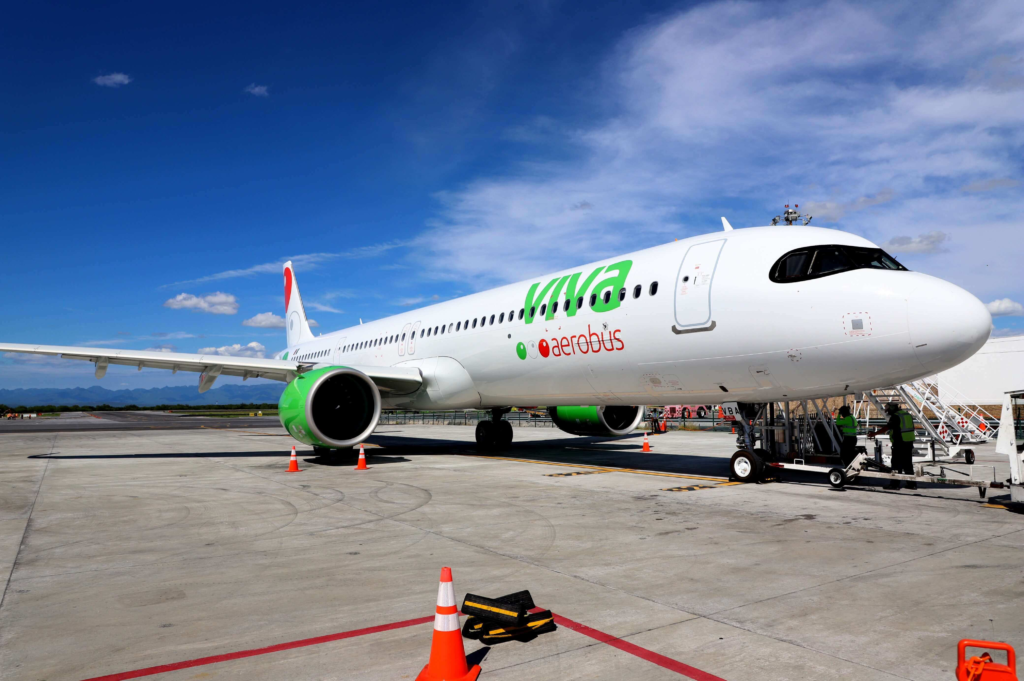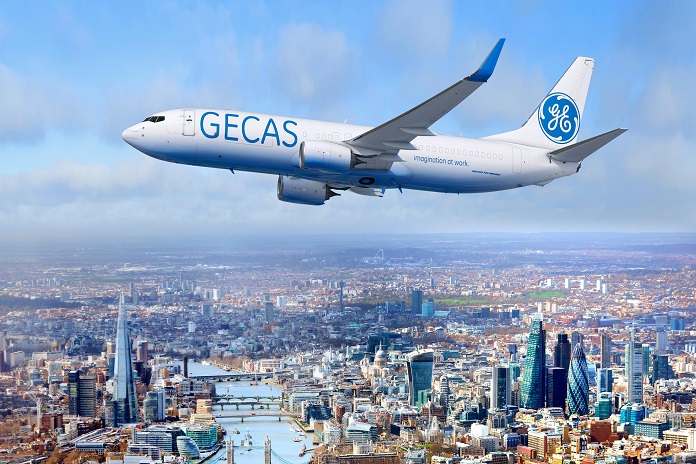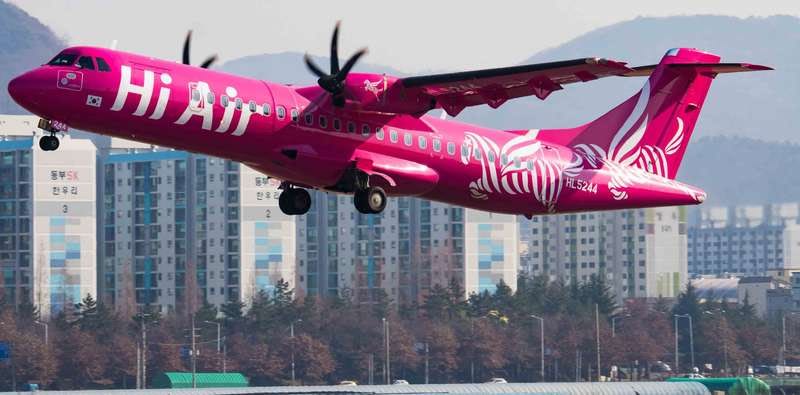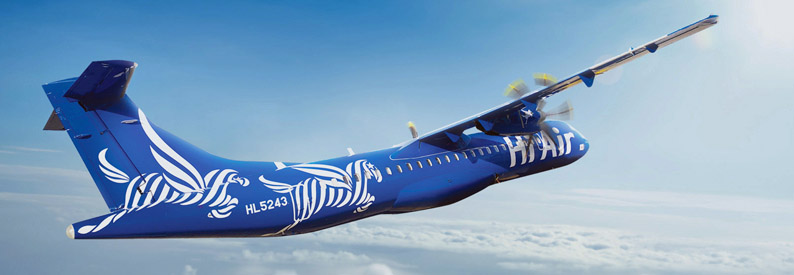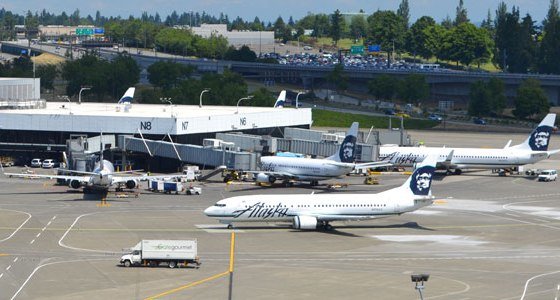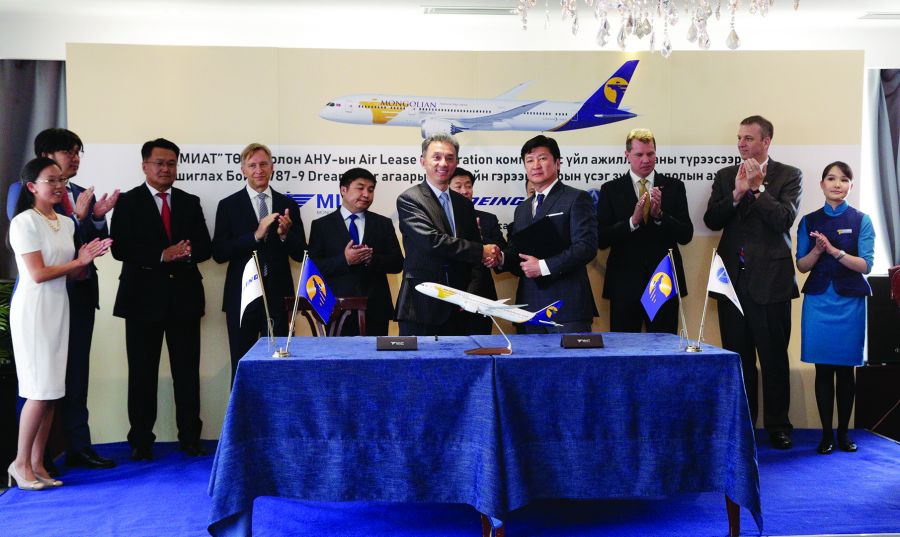Mexico City, February 22, 2020. – Grupo Viva Aerobus today reported operating and financial results for 4Q20 and full year 2020, reflecting a recovery trend, amid the challenges of the pandemic, which began in the third quarter. This performance is the result of an adequate financial management, a strict expense control protecting the company’s liquidity and a responsible operational recovery which prioritizes health and safety for all passengers and staff.
During the 4Q, Viva Aerobus led the industry’s recovery, being the first airline in the Americas to resume 100% of its operational capacity, in November. Furthermore, Viva also consolidated as the first Mexican airline to grow its service at the end of the year by increasing its offer (available seats per kilometer) an 11% during December 2020 vs December 2019. In addition, the airline closed the year with 131 routes (103 domestic and 28 international), 12 more routes than the ones recorded at the end of 2019.
As a result of this recovery, added to an enhanced flexibility by permanently getting rid of charges for flight changes, Viva registered higher demand, closing 4Q20 with more than 2.9 million passengers, a 59% increase compared to 3Q2020. Moreover, the airline closed December with over one million of passengers registered, a similar figure reported in December 2019, before the pandemic.
This operational and passengers increase boosted the operating revenue to reach 3,237 million pesos in 4Q20, representing a 76.8% growth compared to 3Q20. Total operating revenue was composed 49% by fare revenue (1,589 million pesos) and 51% of ancillary revenue (1,647 million pesos). This revenue scheme represents the possibility that Viva Aerobus gives passengers to personalize their flights. Therefore, Viva takes care of their economy by offering low prices and giving the opportunity to pay only for what they need.
Due to this sequential increase in revenues, a positive EBITDAR was obtained for the second consecutive quarter, totaling 531 million pesos; this represented a sequential increase of 95% compared to 3Q20. Additionally, liquidity preservation stands out as attested in the cash and cash equivalents balance, recording 2,967 million pesos, a similar figure to the one reported in 3Q20. This reflects an assertive use of cash, taking advantage of an agile operational resumption, the support of the airline’s suppliers and the decisions to eliminate non-essential expenses.
These quarterly results softened the effects of the pandemic in the full year, considering that it was in the first half of 2020 when demand was most affected by the health emergency. Viva Aerobus registered more than 8.1 million annual passengers, a decrease of 32.4% compared to 2019. Consequently, total operating revenues reached 8,221 million pesos and EBITDAR totaled 946 million pesos, a 36.1% and 75.6% decrease, respectively.
To consult the full earnings report, please visit Viva Aerobus investor relations site: https://ri.vivaaerobus.com/en
| Financial Indicators (MXN Million) | 4Q20 | 4Q19 | Ch. % | 2020 | 2019 | Ch. % |
| Total Revenue | 3,237 | 3,728 | (13.2%) | 8,221 | 12,874 | (36.1%) |
| EBITDAR* | 531 | 1,122 | (52.7%) | 946 | 3,875 | (75.6%) |
| EBITDAR Margin* | 16.4% | 30.1% | (13.7 p.p.) | 11.5% | 30.1% | (18.6 p.p.) |
| Operation (loss) income [EBIT]* | (427) | 315 | (>100.0%) | (2,619) | 935 | (>100.0%) |
| EBIT Margin* | (13.2%) | 8.4% | (21.6 p.p.) | (31.9%) | 7.3% | (39.1 p.p.) |
| Earnings Before Taxes (EBT)* | (791) | 658 | (>100.0%) | (3,881) | 579 | (>100.0%) |
| EBT Margin* | (24.4%) | 17.7% | (42.1 p.p.) | (47.2%) | 4.5% | (51.7 p.p.) |
| Net (loss) income* | (558) | 420 | (>100.0%) | (2,727) | 469 | (>100.0%) |
| Net Margin* | (17.2%) | 11.3% | (28.5 p.p.) | (33.2%) | 3.6% | (36.8 p.p.) |
*Items not comparable with 2019 due to change in the functional currency conducted in 2020.
| Operational Indicators | 4Q20* | 4Q19 | Ch. % | 2020* | 2019 | Ch. % |
| ASKs (million) | 4,303 | 4,153 | 3.6% | 11,670 | 15,080 | (22.6%) |
| RPKs (million) | 3,400 | 3,642 | (6.6%) | 9,393 | 13,374 | (29.8%) |
| Total Passenger (thousands) | 2,945 | 3,282 | (10.3%) | 8,123 | 12,019 | (32.4%) |
| Load Factor (%) | 79.0% | 87.7% | (8.7 p.p.) | 80.5% | 88.7% | (8.2 p.p.) |
